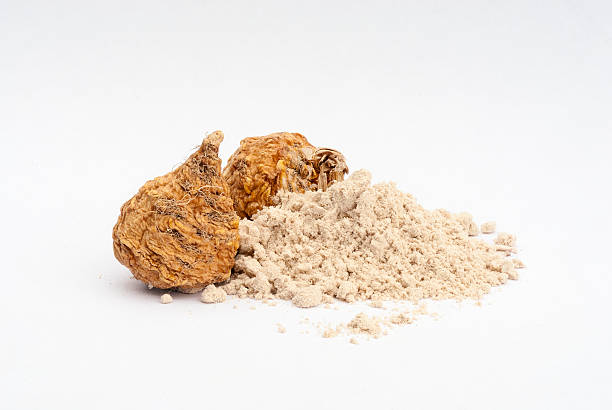Many common over-the-counter (OTC) pain relievers can interact with high blood pressure medications or exacerbate the condition. It’s essential to understand the potential risks and benefits of these medications, especially for individuals with hypertension.
Common OTC Pain Relievers and Their Impact on Blood Pressure:
- NSAIDs (Nonsteroidal Anti-Inflammatory Drugs):
- Ibuprofen, Naproxen Sodium, Ketoprofen: These NSAIDs can reduce blood flow to the kidneys, potentially leading to fluid retention and increased blood pressure. They may also interfere with the effectiveness of blood pressure medications.
- Acetaminophen:
- Generally considered safe for people with high blood pressure when used as directed. However, excessive use can lead to liver damage.
Tips for Safe Pain Relief with High Blood Pressure:
- Consult Your Doctor: Always discuss your medication and health conditions with your doctor before taking any over-the-counter pain reliever.
- Choose Wisely: Opt for acetaminophen, which is generally safer for people with high blood pressure.
- Limit Dosage: Adhere to the recommended dosage and avoid long-term use.
- Watch for Side Effects: Be aware of potential side effects like stomach upset, kidney problems, and increased blood pressure.
- Consider Alternative Pain Relief: Explore non-medication options like heat therapy, cold therapy, or over-the-counter topical pain relievers.
- Lifestyle Modifications: Maintain a healthy lifestyle, including a balanced diet, regular exercise, and stress management techniques, to help manage blood pressure.
Remember, it’s crucial to prioritize your health and consult with a healthcare professional for personalized advice.



